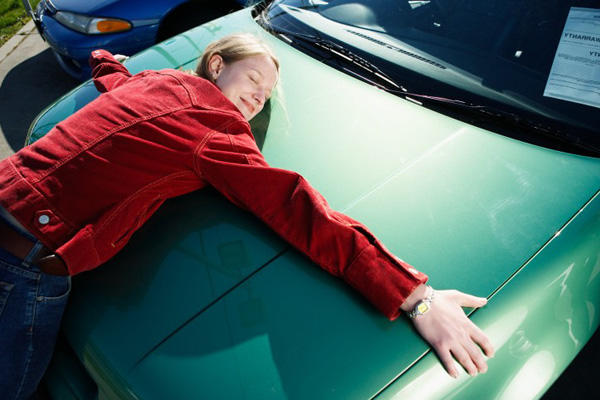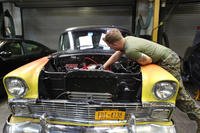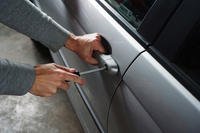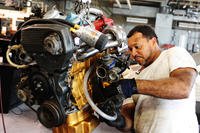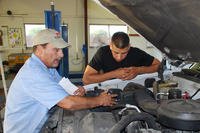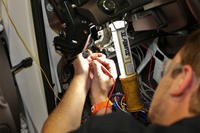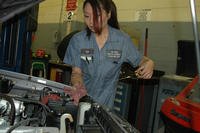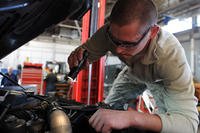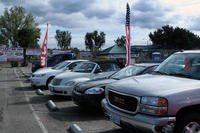This content is provided courtesy of USAA.
When it comes to car shopping, timing is everything. But the formula for figuring out the perfect time to make the purchase can be complicated.
If you're shopping for your next new car, keep the following tips and statistics in mind.
Shop early in the week.
Most consumers shop on weekends when dealerships are full and salespeople are busy. By avoiding the crowd, you can get the salesperson's undivided attention.
Make your offer at the end of the day.
Salespeople are anxious to get home and may not want to spend hours negotiating a sale. Keep in mind, this is not the best time to be casually browsing, so if you've done your homework, know exactly what car you want to buy and are ready to make a reasonable offer, visiting the dealership near closing time may save you both time and money.
Visit at the end of the month/quarter.
Dealers and salespeople have monthly and quarterly sales goals they must meet in order to qualify for certain bonus levels. So the end of the month or quarter is a good time to go shopping. Although you can't predict whether or not the dealers or salespeople have made their sales goals, it's still worth a drive-by to see if they're hungry to make some real deals.
Get deals on outgoing models
Manufacturers typically roll out new-model-year vehicles in late summer and fall. Because dealerships are trying to make room for the new inventory, this often creates a great deal of price flexibility. While outgoing models may be in short supply — and dwindling as the year ends — your selection may be limited. But manufacturers quite frequently offer additional sales incentives on lingering models, bringing their prices down even further.
Snag year-end savings
As the new calendar year approaches, dealerships are trying to meet year-end sales quotas that could reduce fees and taxes on year-end inventory. Plus, sales people are trying to meet year-end sales quotas that may trigger bigger holiday bonuses. On top of that, incoming newer models may be in greater supply, making their pricing more flexible. It's the perfect combination for new-car shoppers looking to find a great deal on their next new car.
Look for seasonal discounts on body styles.
Most body styles are well-discounted in December and January. According to TrueCar, these two months have the highest discounts available all year, averaging 6.6%, for convertibles, coupes, sedans, trucks, sport utility vehicles and even minivans.
August is also considered a good month to get discounts on several body types — most notably, wagons, sport utility vehicles and coupes — since that's the time of year when a new model year rolls in.
Shopping for a convertible? TrueCar's statistics show that discounts for these cars are deeper in the winter months. Dealers know consumers are more interested in top-down driving when the weather is warmer, so they're not as inclined to offer discounts during the summer months. On the other hand, it's much easier to move those convertibles off the lots in the winter if dealers put an additional sales incentive on the hood.
When is the worst time to buy a new car?
These historic statistics show that springtime may not be the best time to buy a new car: More people are out and about as winter weather clears, and tax refund checks are warming consumers' pockets. With summer days ahead, more shoppers with a little extra cash in hand are looking for their next new car — which means dealers don't need to offer quite as many discounts to entice those eager shoppers to buy.
So what's the answer? When is the best time to buy a new car?
While TrueCar's statistics show the winter months offer the greatest potential discounts, that doesn't mean you should necessarily wait until then to make your purchase. Remember, as the year wanes, inventories become more limited, so even though great discounts may be available, they might not necessarily be on the exact model you may be shopping for. So if you have your heart set on something, you should think about if the extra savings is worth perhaps missing out on the car you really want.
